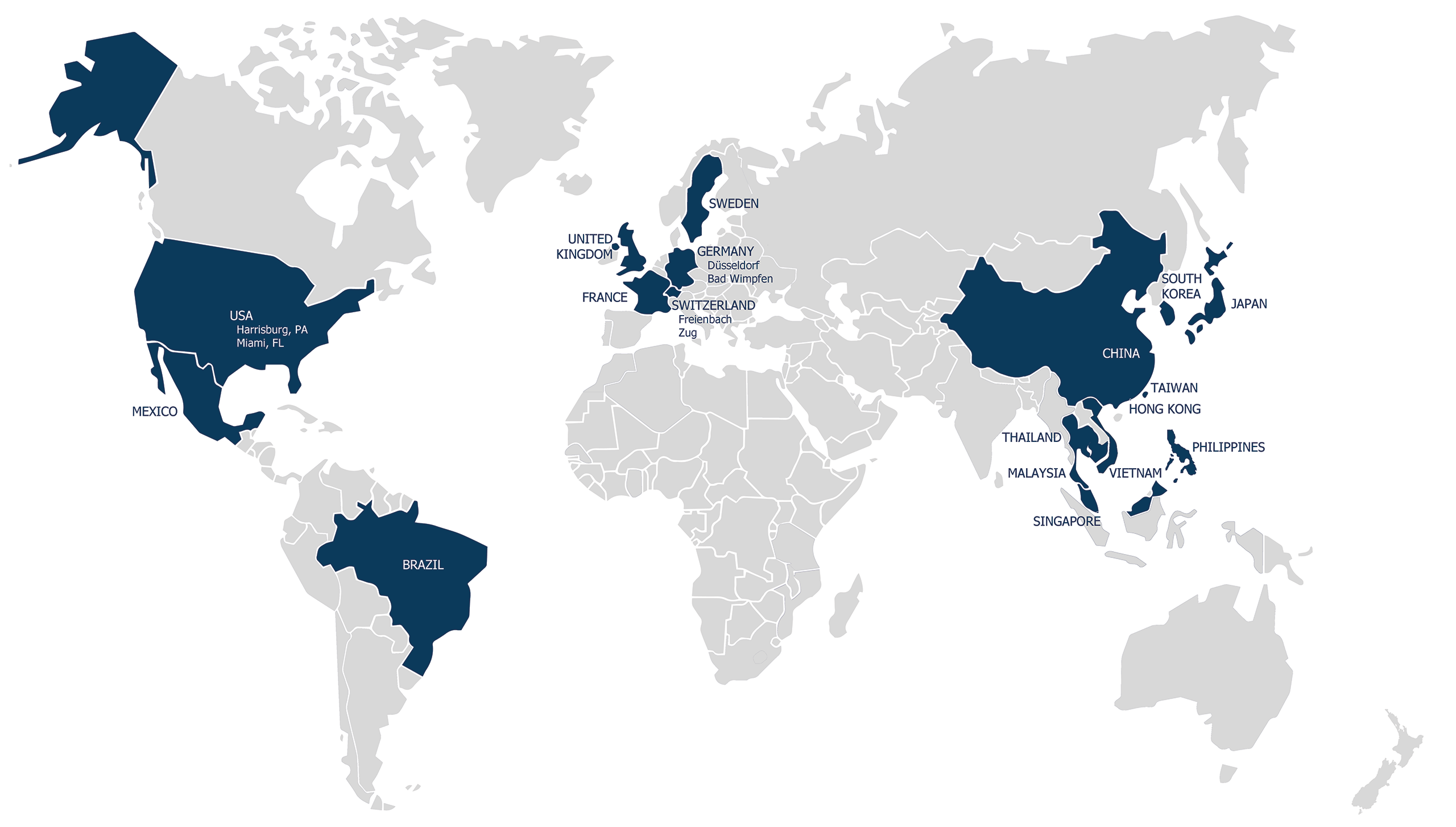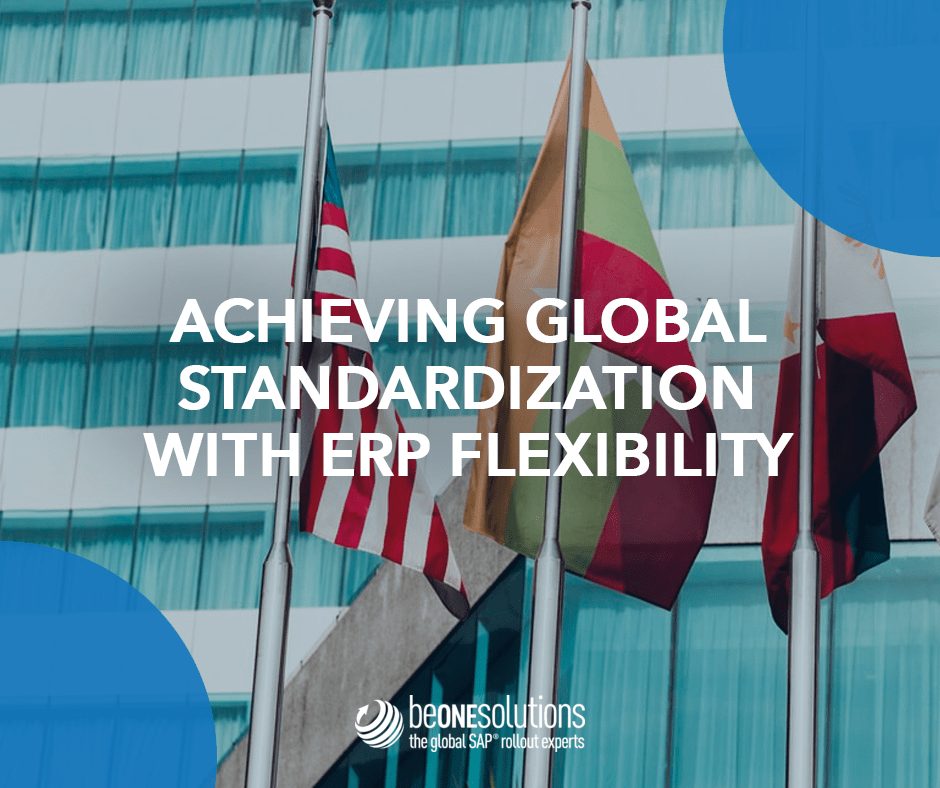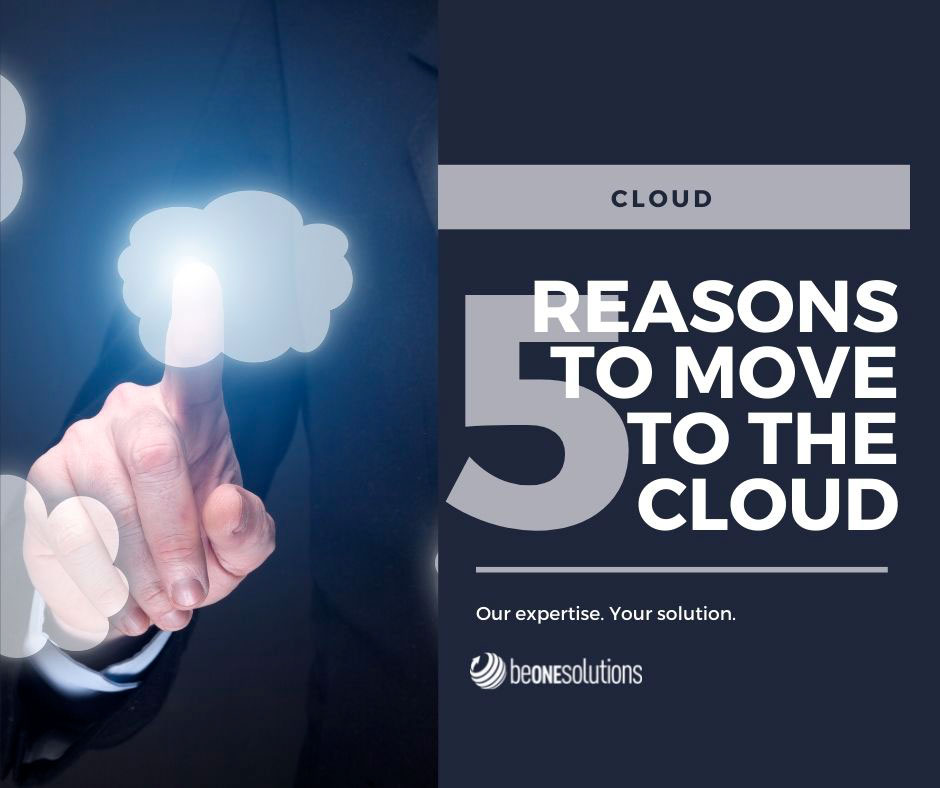How Does ERP Reduce IT Headcount?
Table of Contents
CloseEnterprise resource planning, commonly shortened to ERP, refers to the core processes that a business requires to function properly. It encompasses all aspects of a company, including manufacturing, finances, procurement, and HR, and is an effective way to reduce operational costs and increase profit margins within a business.
Each of these aspects can be carefully integrated into one, using ERP to streamline a business’ general operations. Without effective ERP, these operations may be slower and more error-prone.
Off-Site Access
ERP can have valuable impacts on the quality of IT work that is completed. It acts as an IT solution in and of itself to cut down on labor hours and costs.
Cloud-based ERP enables IT infrastructure to be accessed in off-site locations, which makes communication and collaboration much easier. It reduces the time spent dealing with the infrastructure of the IT system so that IT staff can focus on development and innovation within the business.
Automation
In the modern-day, ERP solutions may involve a range of different technologies. With the advancements in artificial intelligence (AI), companies have been able to streamline their processes through automation and cloud-based software.
As the population increases and companies have increased customer demands for their products and services, the use of SaaS and various pieces of advanced technology have enabled businesses to stay afloat.
It has minimized the need to hire more staff within the business and has also reduced workloads for existing staff. This may enable businesses to divert more money and resources to their IT departments so that fewer employees are required to complete the same level of work.
For example, a single type of ERP software can be configured to help with iterative tasks when a certain functionality is required. This can reduce labor hours while still enabling the IT team to complete their work to a high standard. They can spend this time elsewhere in the business working on more complex tasks.
Developing Meaningful Communication
ERP software acts as a central base for multiple systems to communicate. It removes geographical barriers and brings team members together, regardless of location. It also helps to keep everybody on the same page, increasing real-time collaboration, transparency, and teamwork.
ERP systems can also be configured for specific industry-specific roles. They are often configured in a highly specific manner to meet the unique needs of the business.
Common modules include those for the following departments within a business:
- Finance
- Sales
- Logistics
- Project management
- Inventory management
- Procurement
- Manufacturing
- Engineering
- Asset management
Each of these modules will have unique functions that streamline the business operations for all staff members.
Hiring a large team or IT support staff can cut into a company’s budget and may significantly reduce the return on investment. Some of the key ways to increase return on investment is to either reduce the number of staff or increase efficiency and throughput in the business.
Since the former option is often unattainable for many companies already operating with a limited number of staff, the latter option is usually more feasible. Businesses can work to increase their efficiency, productivity, and throughput. Using an ERP system is the perfect solution to achieving these goals.
Why ERP Is the Sensible Choice
Using ERP to integrate multiple systems within a business provides a central database that enhances internal communication within and between departments. It also enhances external collaboration by enabling real-time communication.
Most of the modern-day ERP systems can be synchronized with existing systems, such as CRM software or finance management software. They’re flexible, adaptable, and able to be customized according to the needs of the business.
Cloud-based apps and other integrations can streamline various processes in all aspects of a company to reduce the pressure on staff.
Businesses can continue meeting the increasing demands of their customers and clients through technology without needing to employ several more IT employees, with the help of the ERP and cloud-based systems. Fewer resources are required for higher throughput.
Despite few people focusing on the ability of ERP to reduce headcount, it’s one of the main benefits of using such systems.
To learn more about how using a single ERP system can benefit your business by reducing IT headcount, contact a global SAP implementation expert like be one solutions today.
You won’t want to miss be one solutions‘ next webinar. Add your email address to be notified :
Please select your language
Welcome on be one solutions‘ websites.
Please select your language.





